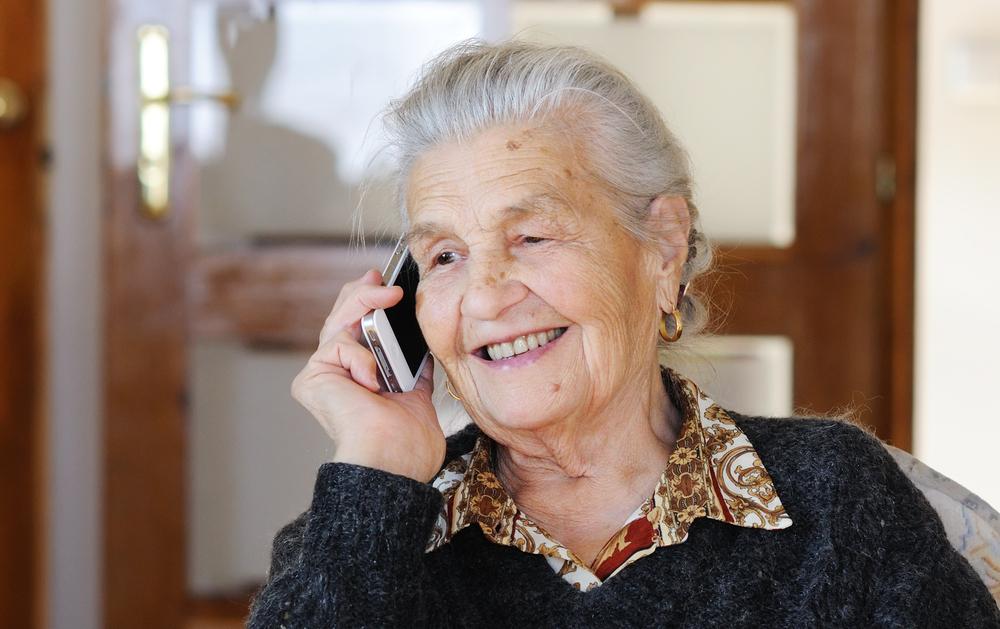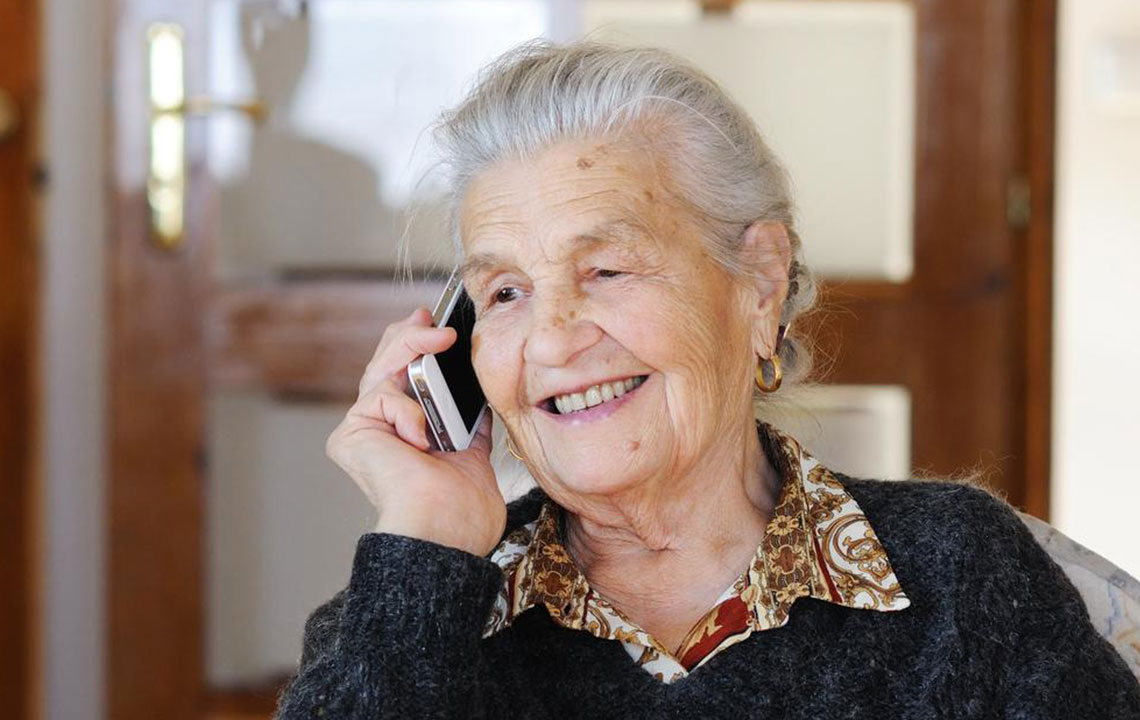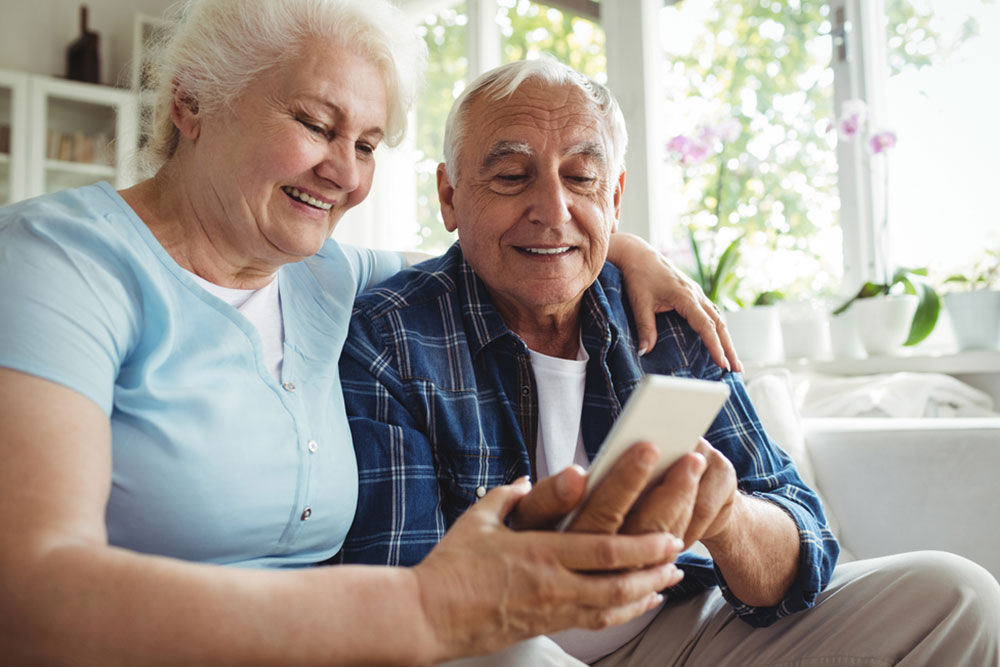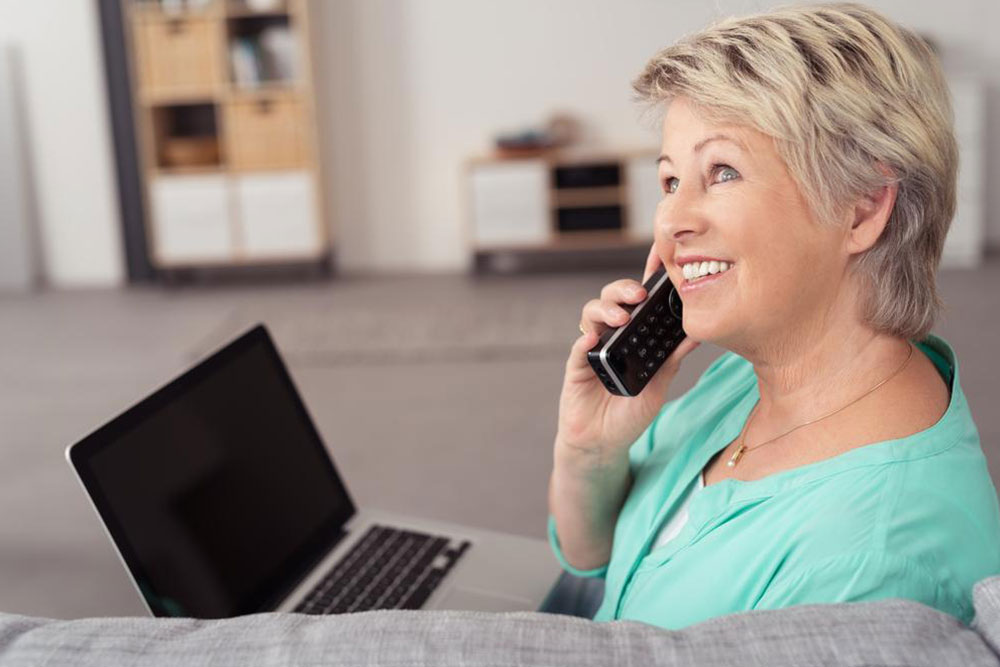How to get free cell phones for seniors
Although it seems unlikely, many seniors are eligible for free cellphones for seniors if they know where to apply for one. By locating the right source, seniors can obtain a free cell phone or a wireless phone for free that come with easy-to-use monthly plans with no hassle of a contract, monthly bills, credit checks, or hidden costs. Given the fact that most seniors require a cell phone in case of emergencies, it is also a fact that most seniors need an inexpensive phone.

Lifeline is a Federal program that was created to be able to provide free home phone services or free cellphones for seniors for emergencies. The program offers, to those who are eligible by their income bracket, free cell phones and minutes on a monthly basis. By the given eligibility criteria, anyone who is eligible may apply for the program. The eligibility is anyone receiving assistance from the federal government or anyone who has an income that is less than 135 percent of the guidelines provided by the federal system. Whoever meets these guidelines, whether a senior or a family, become eligible for a free phone service.
Different cell phone and wireless phone carriers work with the Lifeline program to offer different phones and monthly plans for seniors. To get free cellphones for seniors, some restrictions and eligibility criteria varies from state to state. Various programs have different income guidelines, such as the following:
- Federal Public Housing Assistance (Section 8)
- Low-Income Home Energy Assistance Program (LIHEAP)
- Medicaid
- Supplemental Nutrition Assistance Program (Food Stamps or SNAP)
- Supplemental Security Income (SSI)
- Head Start (if income eligibility criteria are met)
- Temporary Assistance for Needy Families (TANF)
- National School Lunch Program’s Free Lunch Program
- State assistance programs (if applicable)
- Food Distribution Program on Indian Reservations (FDPIR)
- Bureau of Indian Affairs General Assistance
- Tribally-Administered Temporary Assistance for Needy Families (TTANF)
To qualify for free cellular phones, the person must participate in one of the above-given programs. Apart from these, more rules need to be followed with the phones obtained through such programs. For example, every household may have only one phone. Also, a house can have either a home phone or a cell phone but not both.
Eligibility of seniors for Lifeline program
Seniors need to check their federal default state before they can know if they are eligible for a free cell phone service or a subsidized one. The federal default states include the following:
- North Dakota
- South Dakota
- Delaware
- Louisiana
- Hawaii
- Iowa
- Indiana
- New Hampshire
Seniors and individuals who live in a federal default state further need to be enrolled under certain federal programs to become eligible for Lifeline service. These federal qualifying programs include the following:
- Supplemental Nutrition Assistance Program
- National School Lunch Program
- Medicaid
- Federal Public Housing Assistance
- Low Income Home Energy Assistance Program
- National School Lunch Program.
An individual is further deemed eligible if the household income is at or below 135% of the federal poverty line, although this margin may vary from state to state. With the availability of such programs, free cellphones for seniors can be easily obtained with low-cost charges and no hassles of monthly billings or contracts.




